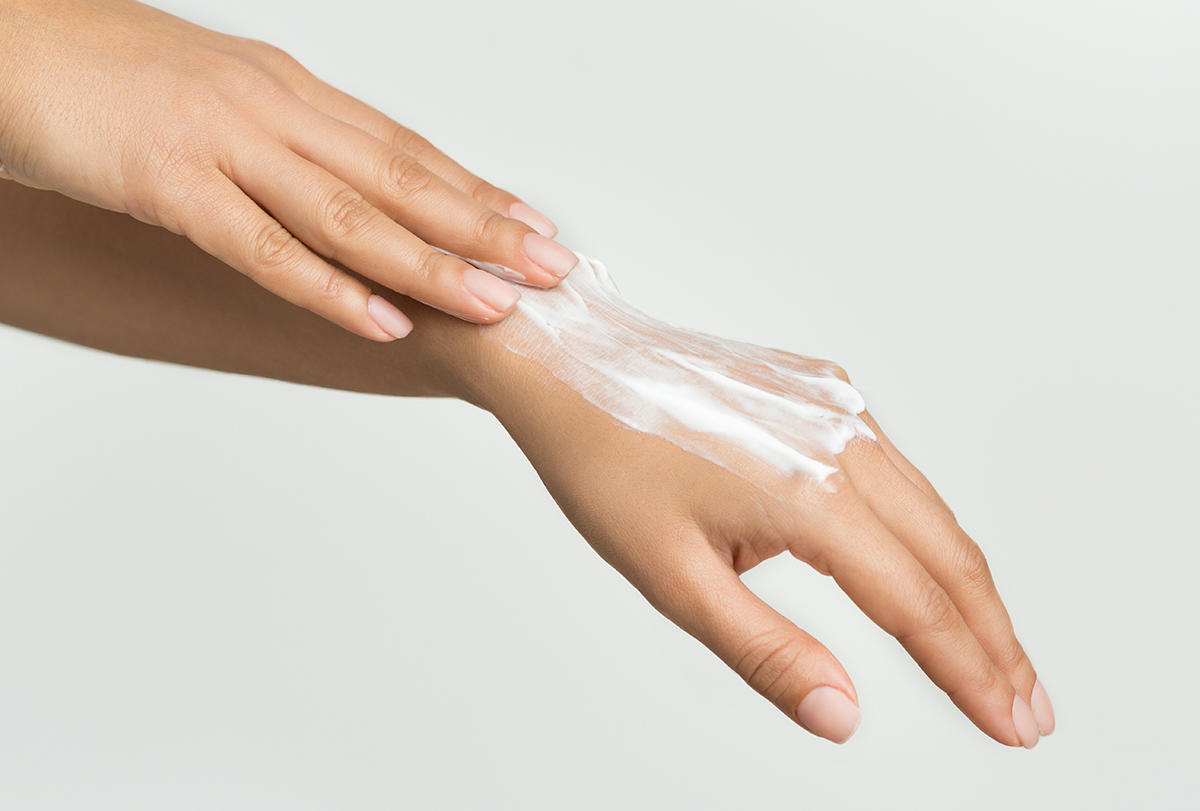In this article:
Scabies is a skin infestation caused by tiny mites that dig through the topmost layer of your skin to lay eggs under it.

The immune system then releases inflammatory agents to the sites of infestation to fight these foreign invaders. The underlying inflammation gives rise to itching and red bumps often in the form of a rash.
Besides the skin irritation, another reason scabies is such a nuisance is that it is extremely contagious. Individuals with scabies can transmit the mites to other people and transfer them to objects and surfaces through prolonged touch.
So, you don’t just have to worry about your recovery, but you also need to make concerted efforts to protect others from getting the disease from you. Seek medical treatment at the earliest in the interest of your own health and others.
Self-Care and Preventive Tips
Here are few measures that can help speed up your recovery and reduce the risk of re-infestation and transmission to others:
1. Disinfect your home and belongings
Scabies mites spread to surfaces that your skin comes in contact with, such as your clothes, towels, furniture upholstery, rugs, bed linen, mattresses, doorknobs, cabinet handles, faucets, and kitchen platforms.
These parasites can live up to 72 hours in the environment. Touching these contaminated items after starting treatment can cause a re-infestation.
So, it is important to disinfect your surroundings and all your used items the same day you start your treatment so that you don’t get the mites again. This is how you do it:
- Launder all the clothes you wore over the past week and your bedding, towels, and other washable items that you may have touched during that period in the washing machine using the hottest water possible (130–140°F). (1) Then spin the washed items in the dryer, again at the hot setting, as exposure to high temperatures of 50°C (122°F) or higher for 10 minutes kills the scabies mites. Your bedding needs to be washed and dried this way once daily up until a week that there has been no sign of these mites for a week or so.
- For items that you don’t want to expose to water, directly put them in the dryer at the highest temperature setting.
- Items that cannot be washed in the washing machine can be sent for dry cleaning, but be sure to inform the cleaners about the contamination risk so that they can take proper precautions.
- For items that can neither be washed at home nor dry-cleaned, simply seal them in an airtight plastic bag and keep aside for 3 days to a week, during which any mites will suffocate to death. (2)
- Spray a disinfectant such as Steri-Fab on all the surfaces and objects in your surroundings to kill any mites on them.
- Mop the floors of your house with a disinfectant solution, and then vacuum them. Also, vacuum the carpets and furniture upholstery to remove any mites festering on them. Make sure to dispose of the vacuum cleaner bag in a trash can outside the home as soon as you finish the cleaning session.
2. Modify your diet

Consume anti-inflammatory foods that can help soothe your itchy, tender skin. Plus, get your recommended dose of antioxidants that can amp up your immunity and promote skin healing.
Add leafy greens, beets, walnuts, blueberries, salmon, coconut oil, and bone broth to an overall wholesome and nutritious diet for a swift recovery.
3. Control the itch
Fix yourself a cold-water bath and soak in it to reduce the itching and skin irritation. It’s best to mix some oatmeal in the bathwater, which can further soothe your skin due to its strong anti-inflammatory properties. You can also apply a cool, wet washcloth to the itchy areas for relief.
4. Look out for others
Once you are diagnosed with scabies, it is your responsibility to inform anyone you recently had close contact with about it so that they can also get tested and seek treatment if needed.
Plus, you need to isolate yourself from others for as long as you are not completely out of the danger zone. Don’t go socializing the minute your condition starts to improve.
5. Don’t stress yourself out
People with scabies not only grapple with constant itching and discomfort but also have to be careful not to spread it to others or get it again.
This whole ordeal can be mentally exhausting and stressful, which can slow down your recovery and negatively affect other aspects of your health. So, it is important to keep yourself relaxed and in good spirits.
To that end, you can take up exercising, meditation, deep breathing, or any other activity that gives you pleasure.
Most-Asked Questions About Scabies
Is scabies frequently misdiagnosed?

Scabies is easy to misdiagnose since early symptoms may resemble tiny pimples or mosquito bites. (3) Those who are afflicted may assume they are suffering from something else, such as bedbug bites or other rashes or diseases.
Over the course of a few weeks, though, errors like this become apparent as people become increasingly ill with symptoms they can’t ignore.
Can scabies survive in a mattress for a long time?
Scabies mites are parasites that sustain themselves by feeding on human skin, and the longest they can survive without human contact is 2–3 days.
So, the mites that are shed from your skin on the surrounding surfaces continue to be a threat during that 72-hour period. Thus, you must regularly disinfect your surroundings, clothes, mattresses, and other possible contamination sites.
Meanwhile, scabies mites can survive for 2 months or longer in human skin in the absence of any treatment.
Final Word
Scabies is a discomforting and highly contagious condition that is generally beyond the scope of over-the-counter treatment. So, you must readily consult your doctor at the first sign of infestation.
Delaying treatment will only make your symptoms worse and prolong recovery time while also increasing transmission risk.

- Was this article helpful?
- YES, THANKS!NOT REALLY


